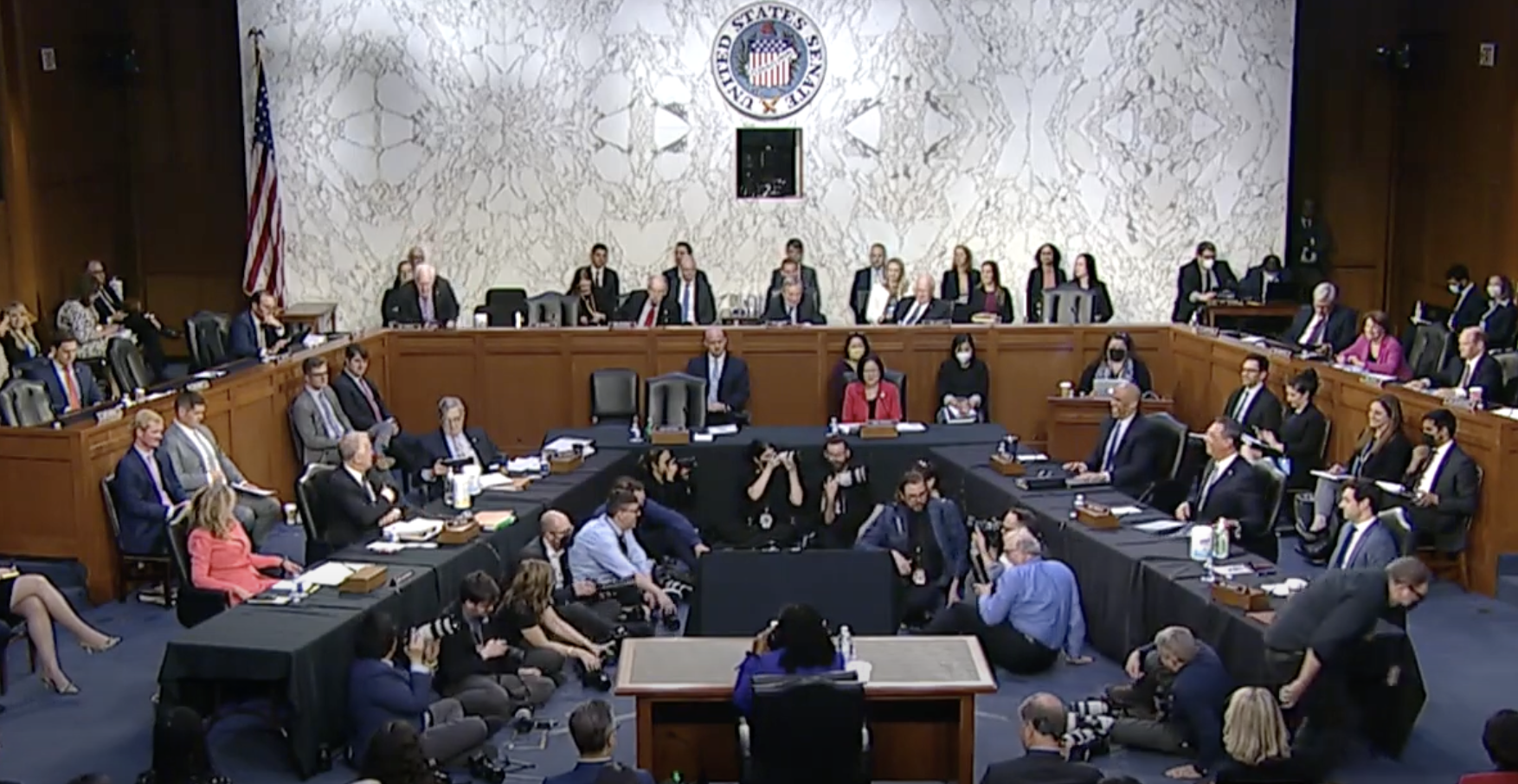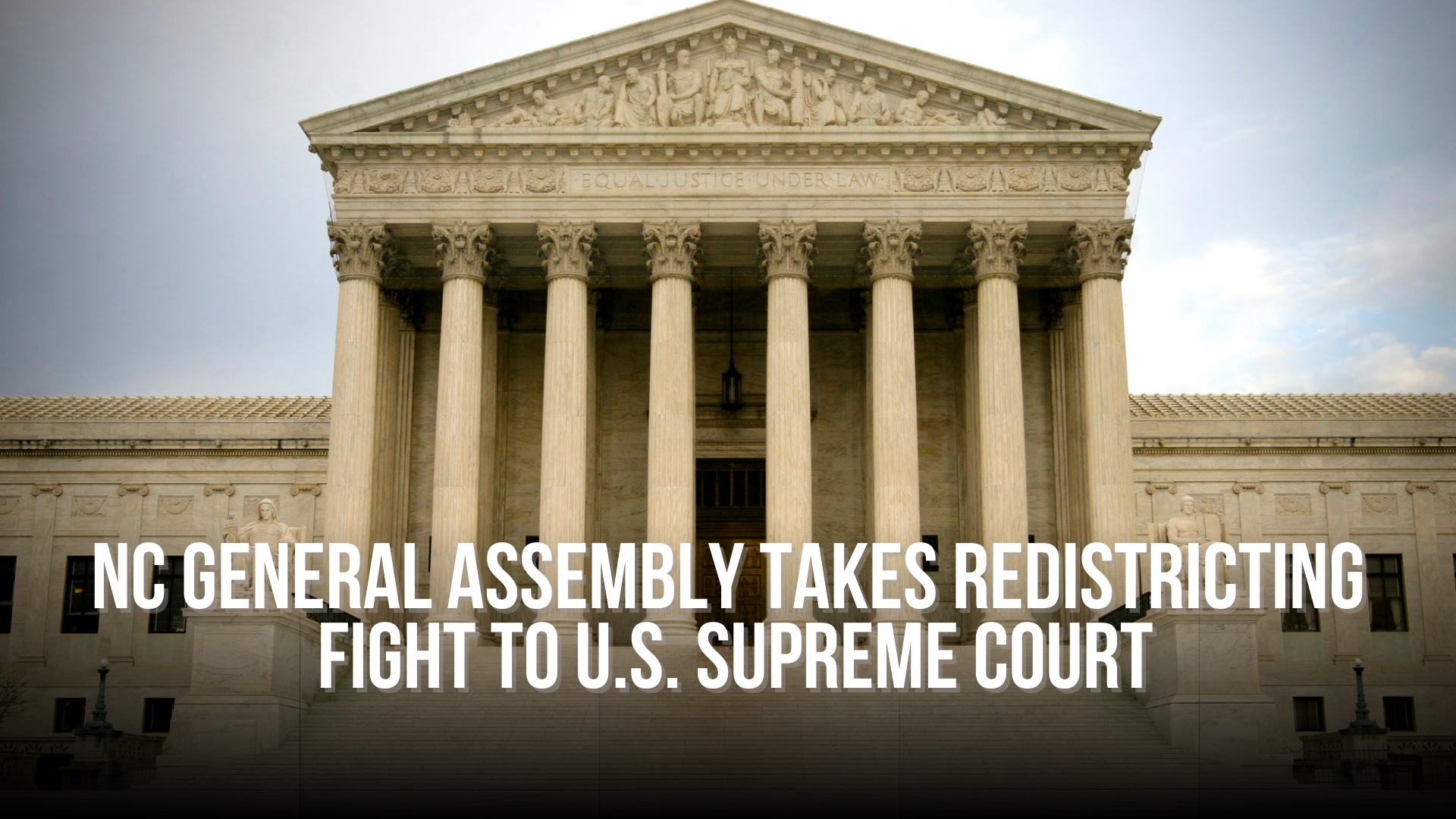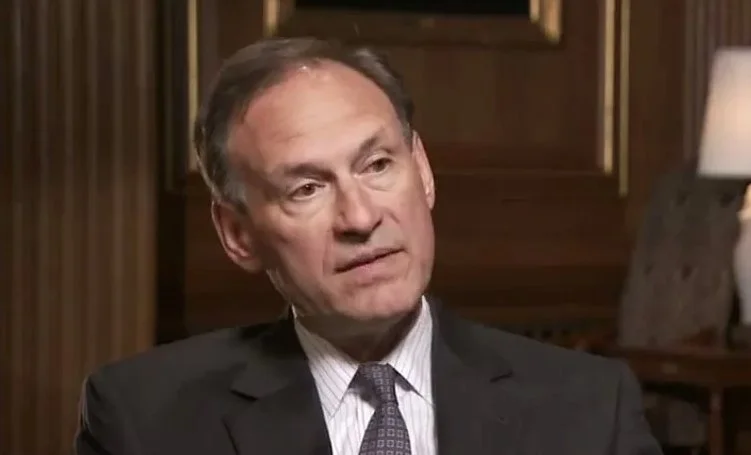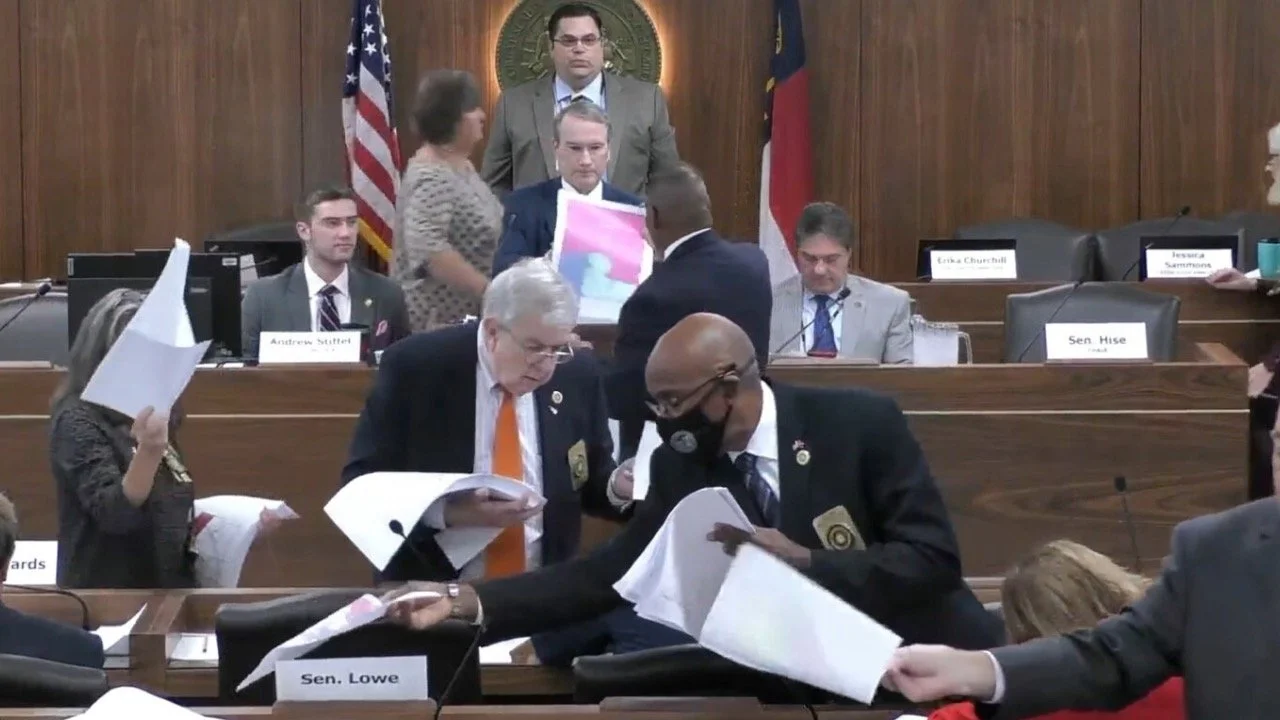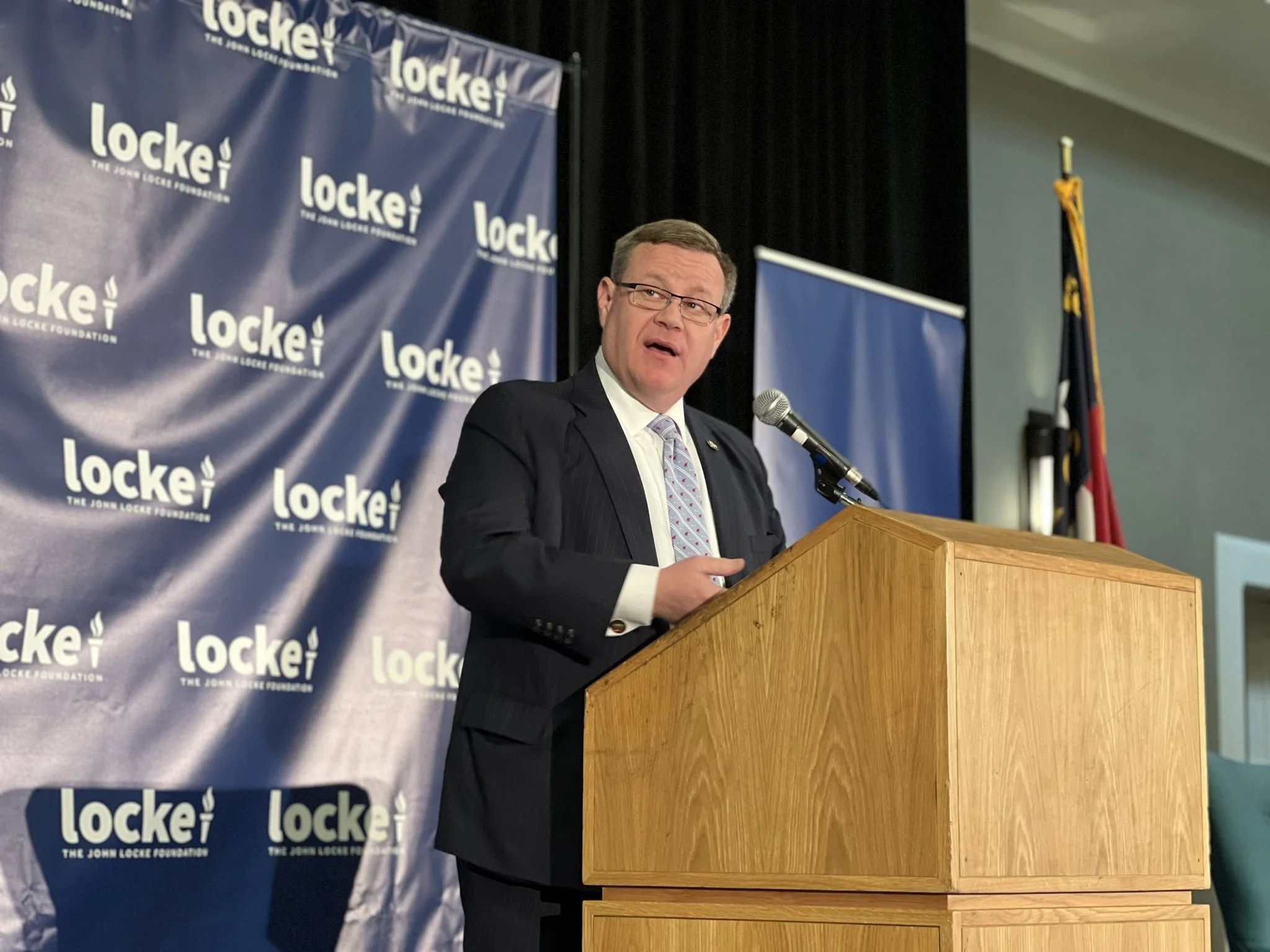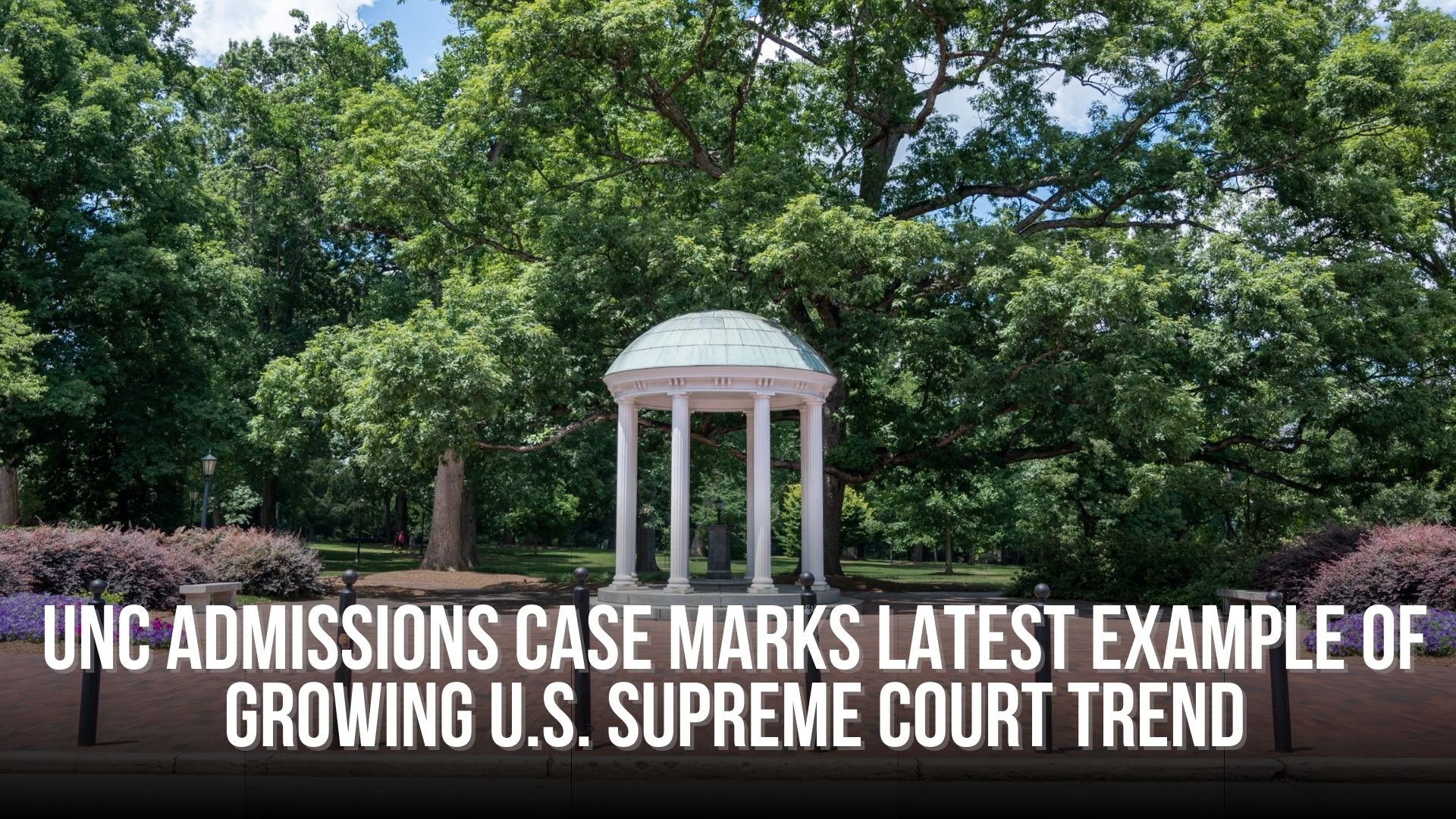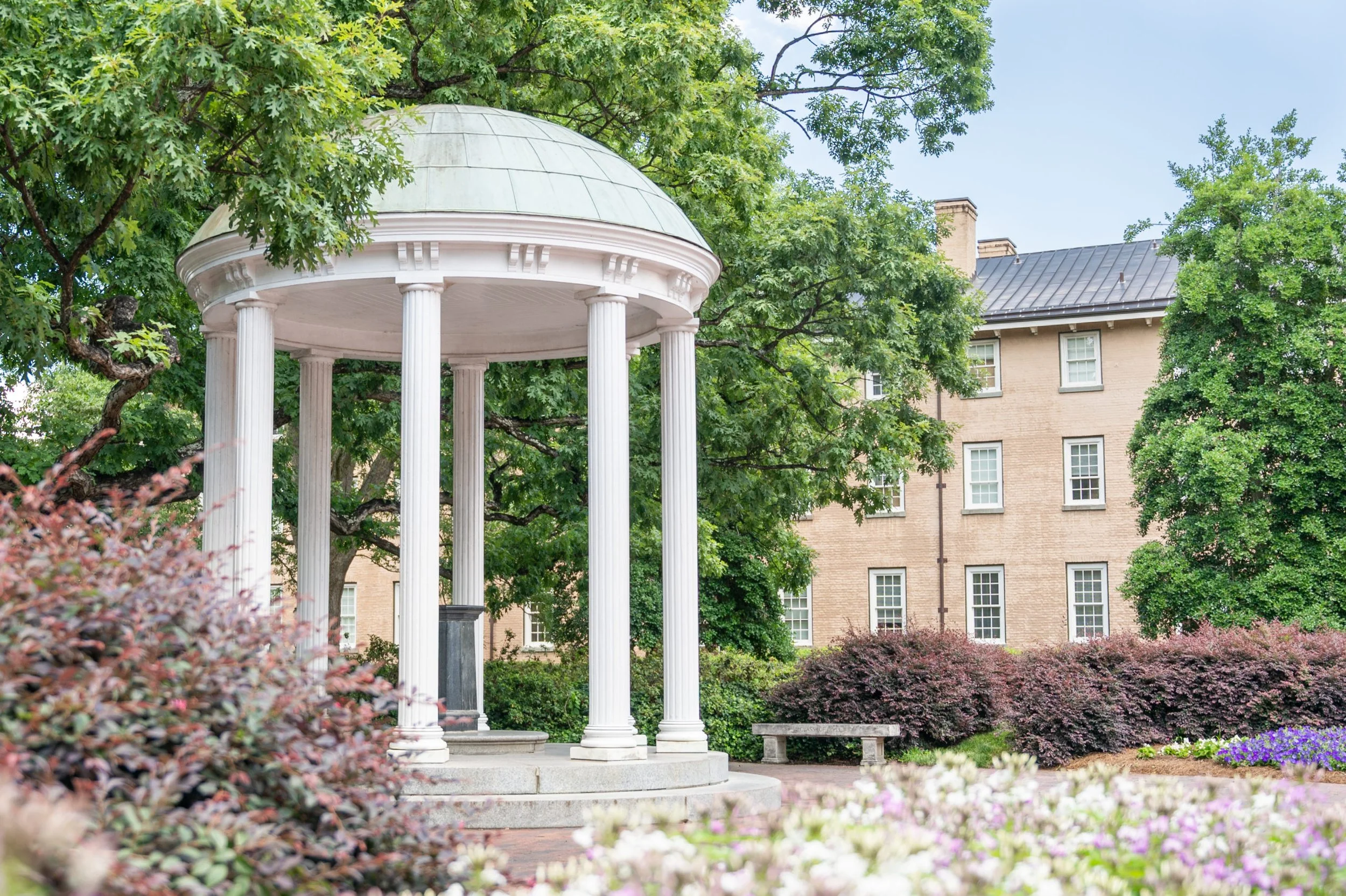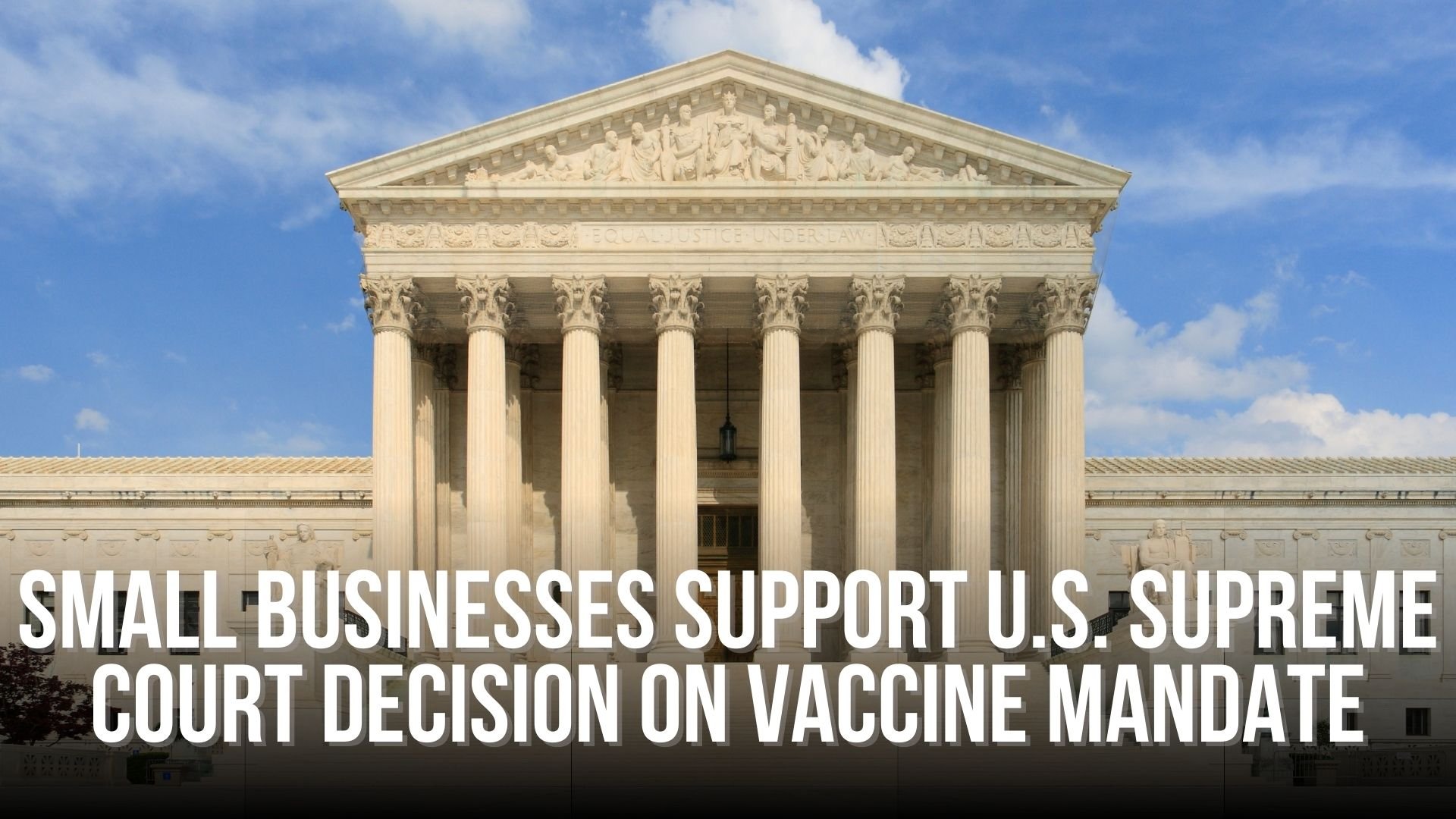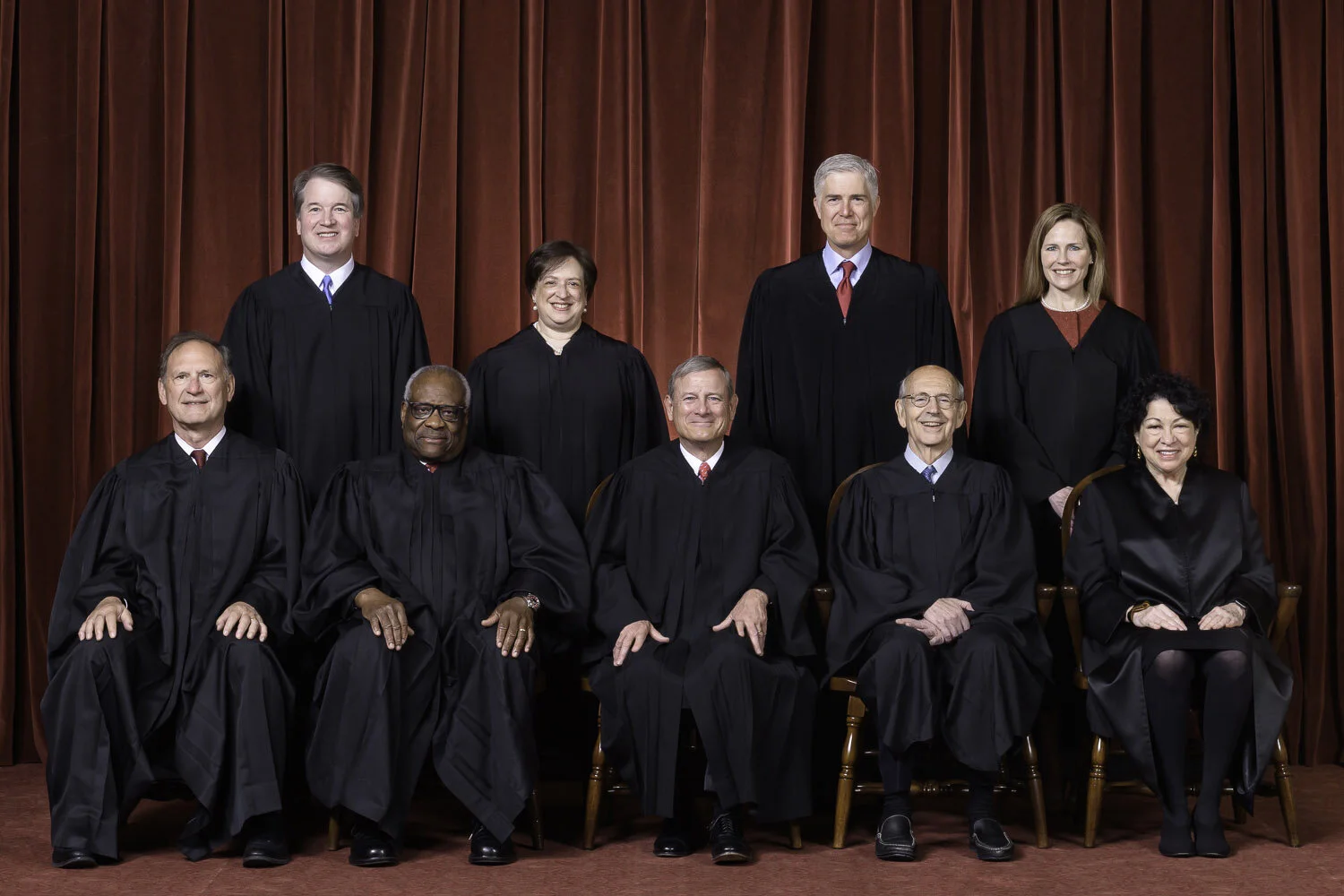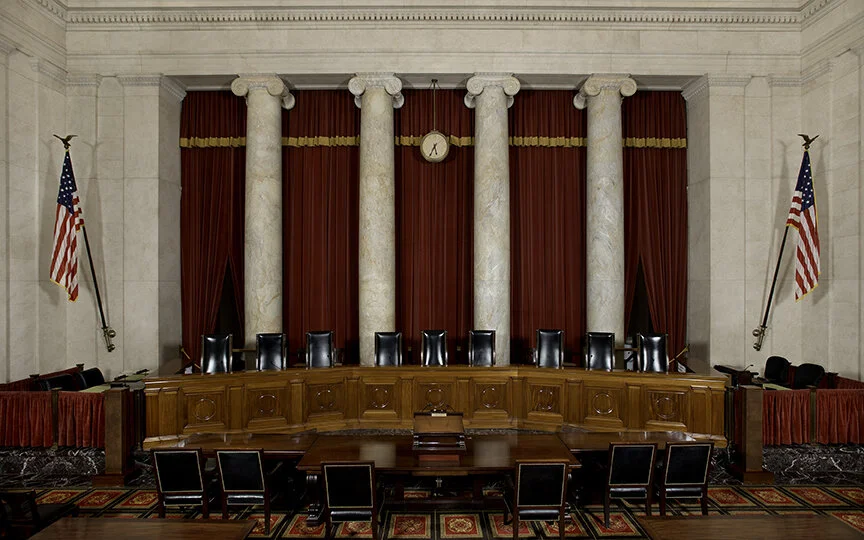Governor Roy Cooper issued the following statement on the U.S. Supreme Court's ruling in the UNC admissions case:
All tagged us supreme court
Tim Moore Responds to SCOTUS Moore v. Harper Decision
Today the Supreme Court of the United States issued their decision in the Moore v. Harper case. NC House Speaker Tim Moore said, "Today the United States Supreme Court has determined that state courts may rule on questions of state law even if it has an impact on federal elections law. Ultimately, the question of the role of state courts in congressional redistricting needed to be settled and this decision has done just that. I am proud of the work we did to pursue this case to the nation's highest court."
U.S. Senate to vote on SCOTUS nominee this week after committee deadlocks
The United States Senate voted 53 to 47 Monday, April 4, to discharge the Senate Judiciary Committee from further consideration of Judge Ketanji Brown Jackson’s nomination to the U.S. Supreme Court. This after the committee deadlocked along party lines with a tie vote of 11 to 11.
Legislative leaders Ask U.S. Supreme Court to hear redistricting case
General Assembly leadership petitioned the U.S. Supreme Court to hear the congressional redistricting case.
NC General Assembly Takes Redistricting Fight to U.S. Supreme Court
Today, the North Carolina General Assembly filed a petition for writ of certiorari with the Supreme Court of the United States in the ongoing redistricting cases.
U.S. Supreme Court votes 6-3 to deny N.C. legislators' redistricting appeal
The U.S. Supreme Court has voted 6-3 to deny N.C. legislators' request to block a court-drawn congressional map for North Carolina. The high court's decision should end legal action connected to new N.C. election maps for the 2022 election cycle.
Legislators get opposition, support for U.S. Supreme Court redistricting plea
Each of the plaintiffs in North Carolina's legal dispute over election maps is asking the U.S. Supreme Court to stay out of the fight. So is the N.C. Justice Department.
Pennsylvania case mirrors N.C. redistricting appeal to U.S. Supreme Court
Based on a 4-3 vote from the state Supreme Court, a congressional election map drawn by legislators gets tossed out. The court substitutes its own map for 2022 elections. The new map tips the scale toward the Democratic Party.
Lawmakers take N.C. congressional map dispute to U.S. Supreme Court
State legislative leaders are asking the U.S. Supreme Court to step into the legal dispute over a new congressional map for North Carolina.
UNC admissions case marks latest example of growing U.S. Supreme Court trend
When the U.S. Supreme Court announced Monday that it would take up a case challenging UNC-Chapel Hill's admissions policy, the court made the rare decision to shorten the normal federal appeals process.
UNC-Chapel Hill affirmative action case heads to U.S. Supreme Court
The U.S. Supreme Court is poised to make what could be a landmark ruling on the constitutionality of affirmative action after justices decided Monday, Jan. 24, to take up cases arising from the University of North Carolina at Chapel Hill and Harvard University.
National Republican group backs N.C. leaders at U.S. Supreme Court
A national group representing Republican state officials is backing N.C. legislators at the U.S. Supreme Court. Legislative leaders want the high court's permission to intervene in a federal lawsuit targeting voter ID.
Small Businesses Support U.S. Supreme Court Decision on Vaccine Mandate
The National Federation of Independent Business (NFIB) applauds today’s decision from the U.S. Supreme Court to issue a stay of OSHA’s vaccine mandate, which requires businesses with 100 or more employees to have employees vaccinated or undergo weekly testing.
U.S. Supreme Court to hear N.C. voter ID case
The U.S. Supreme Court said Wednesday, Nov. 24, that it will hear a case early next year involving North Carolina’s voter ID law. At issue is whether state legislative leaders are allowed to intervene in the case to defend the law.
Medicaid expansion remains unwise
North Carolina lawmakers are reportedly considering some form of Medicaid expansion as part of a final budget deal with Gov. Roy Cooper that would also bring tax cuts and other free-market policy gains on key issues.
OPINION: Economic liberty depends on judges who respect the Constitution
When it comes to protecting economic liberty, North Carolinians get good help from their state constitution and state Supreme Court precedent. The Tar Heel State fares well in comparison with other states. But that could change.
State Supreme Court rules 4-3 against defendants in satellite-based monitoring challenges
The N.C. Supreme Court split 4-3 today while ruling against defendants in a pair of cases involving satellite-based monitoring of convicted sex offenders.
Supreme Court backs student free speech, rejects Stein's argument
An 8-1 free-speech ruling from the U.S. Supreme Court out last week rejected arguments N.C. Attorney General Josh Stein offered in a friend-of-the-court brief.
U.S. Supreme Court backs donor privacy
The U.S. Supreme Court backed donor privacy in a decision released Thursday, July 1. The closely watched ruling was based on a case from California in which the state's then-Attorney General Kamala Harris tried to require nonprofit organizations to disclose the identities of donors by requiring them to file an unredacted “Schedule B” with their taxes, which would reveal the identities of anyone giving $5,000 or more in money or goods.
House urges Congress to ‘Keep Nine’ members of U.S. Supreme Court
The state House wants Congress to reject proposals for packing the U.S. Supreme Court. The House voted 68-44 Thursday to support a federal “Keep Nine” amendment to the U.S. Constitution.



